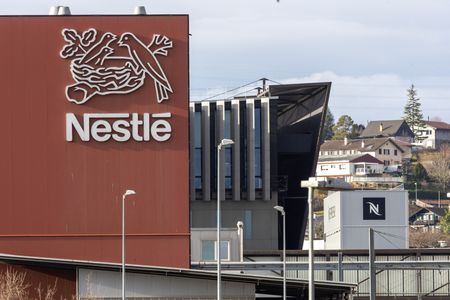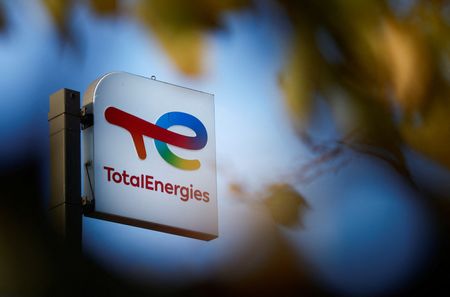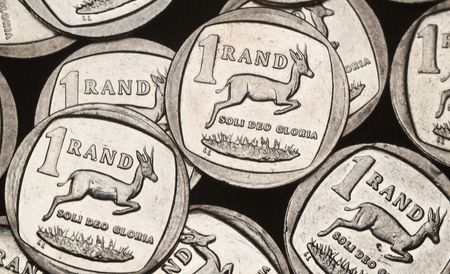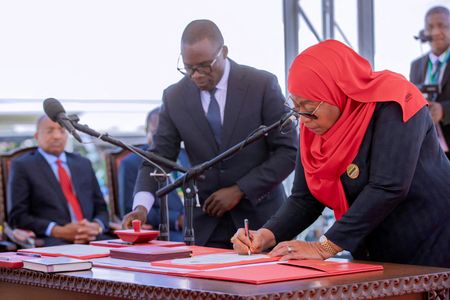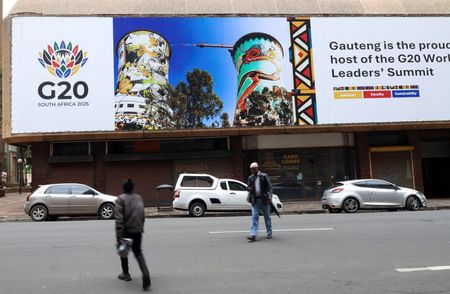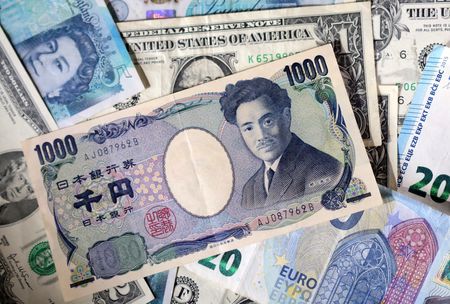By Alexander Marrow
LONDON (Reuters) -Swiss NGO Public Eye on Tuesday accused Nestle of double standards by alleging that the company sells infant cereal in Africa with higher sugar content than in more developed markets, claims that Nestle labelled as misleading and unfounded.
Working with civil society organisations in Africa, Public Eye collected nearly 100 products from Nestle’s instant infant cereal Cerelac range and said it found after laboratory analysis that, unlike in European markets, more than 90% of the products contained high quantities of added sugar.
Public Eye found that the average serving analysed contained nearly six grams of added sugar, twice the amount detected in key Cerelac market India.
Reuters could not immediately verify the findings. Nestle said the levels of all types of added sugars in its infant cereals were well below those set by the international food standards body, Codex Alimentarius.
“It is misleading and scientifically inaccurate to refer to the sugars coming from the cereals and naturally present in fruits as refined sugars added to the products,” a Nestle spokesperson said.
“If we exclude sugars coming from ingredients like milk, cereals and fruit, our Cerelac infant cereals do not contain the levels of added refined sugars mentioned in the report.”
In April 2024, Public Eye reported that Nestle added sugar to its baby foods sold in low-income countries including India, but not in European markets, which led to an enquiry from the Indian food regulator. Tuesday’s report repeated that claim, focusing on Africa.
In an open letter dated November 17, the International Babyfood Action Network (IBFAN) and 19 civil society organisations in 13 African countries as dispersed as Morocco, Nigeria and South Africa urged Nestle CEO Philipp Navratil to end what it called a double standard over added sugar in baby foods sold in Africa.
“We do not have double standards, our approach to nutrition is consistent across all countries,” Nestle said in a statement. “We treat all children equally, regardless of where they are.”
Nestle said it was accelerating the global rollout of no-added-sugars variants that are already present in 97% of the company’s markets.
“We aim to reach 100% by end of 2025,” Nestle said.
(Reporting by Alexander Marrow; Editing by Aidan Lewis)

